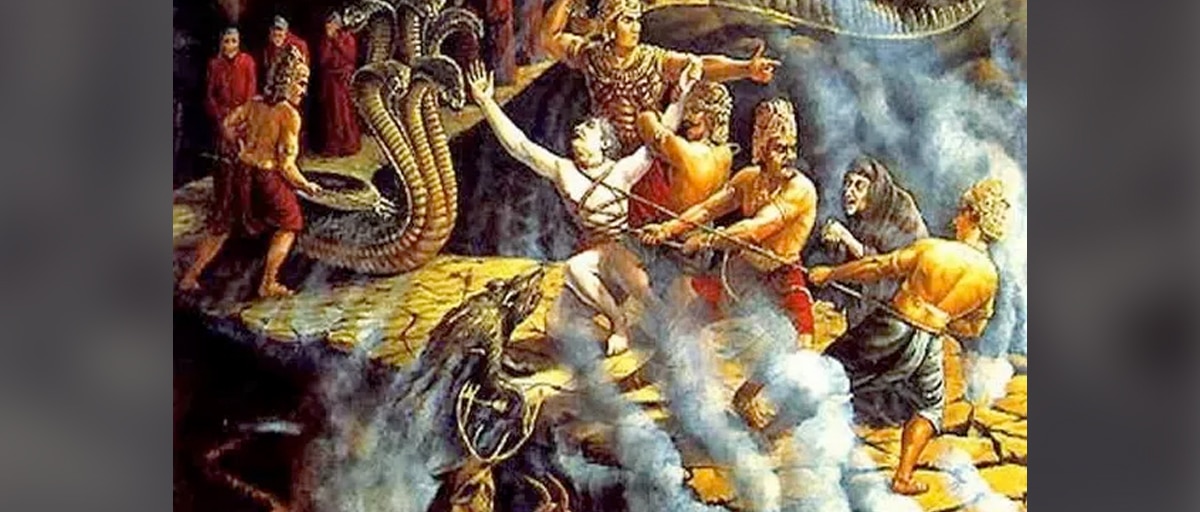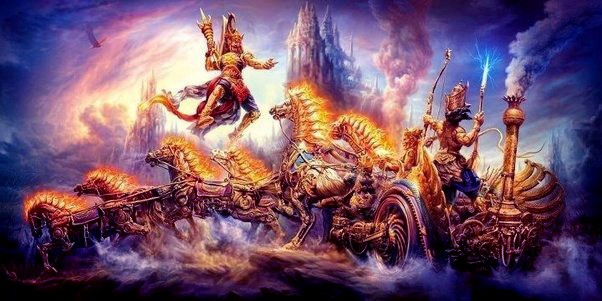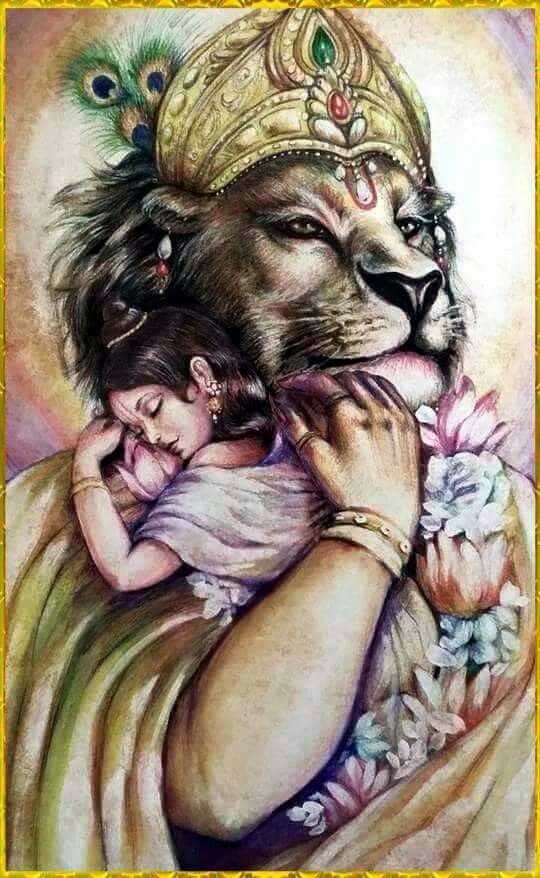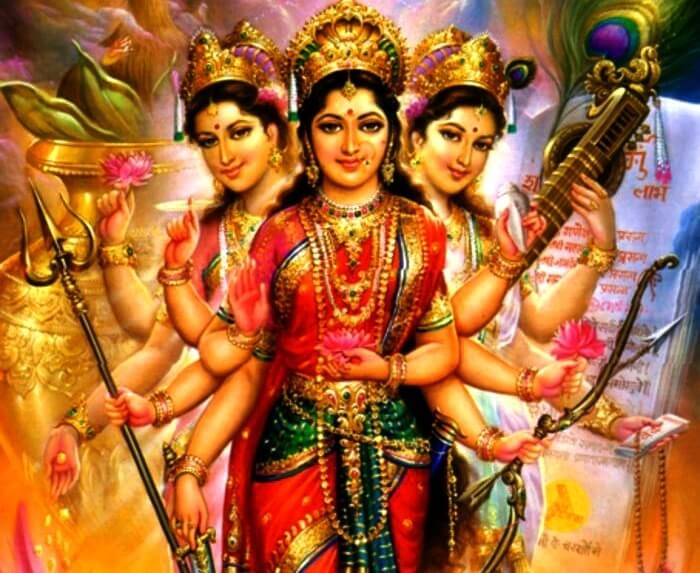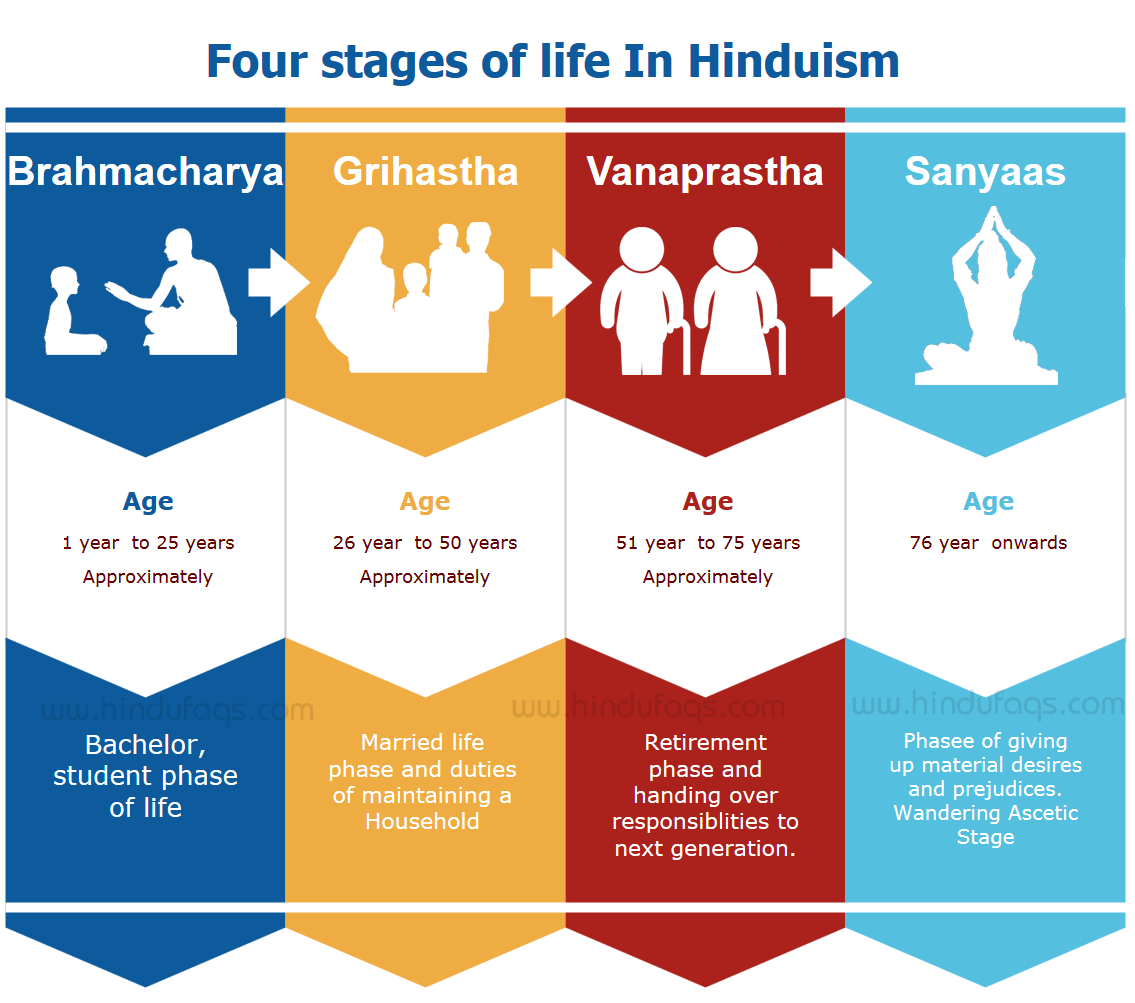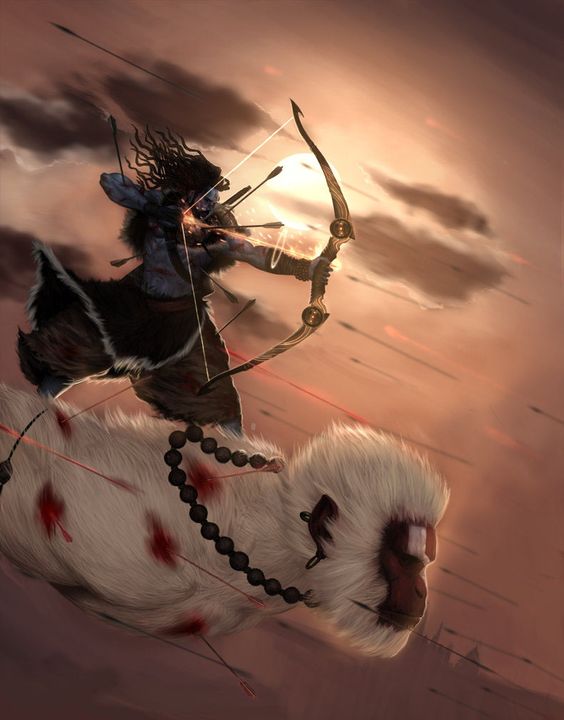
ॐ गं गणपतये नमः
A Boon ( Vardhaan or Vardan) is a blessing earned in response to a prayers. The idea of boons and curses can be found in ancient mythology, especially Greek, Roman, Celtic, Mediterranean, and Hindu mythology.
In all mythologies, curses and boons play an important role. By doing penance, everyone may receive a blessing from the Gods ( tapasya). You might also be punished if a sage or God becomes enraged.
Some examples: Lord Shiva’s boon to his son Vinayak ( Ganpati) that he will always be worshiped before everyone else is the most famous of all the boons issued ( prathampujya).
Boons play an important role in Indian mythology. A variety of well-known boons are correlated with Lord Brahma.
According to Hindu belief, a boon is a “Divine Blessing” provided by a Hindu God or Goddess and other Celestial beings who live in the Heavens. Boons may also be offered by Hindu sages or their descendants who followed strict discipline, austerities, purity, and other virtues.

